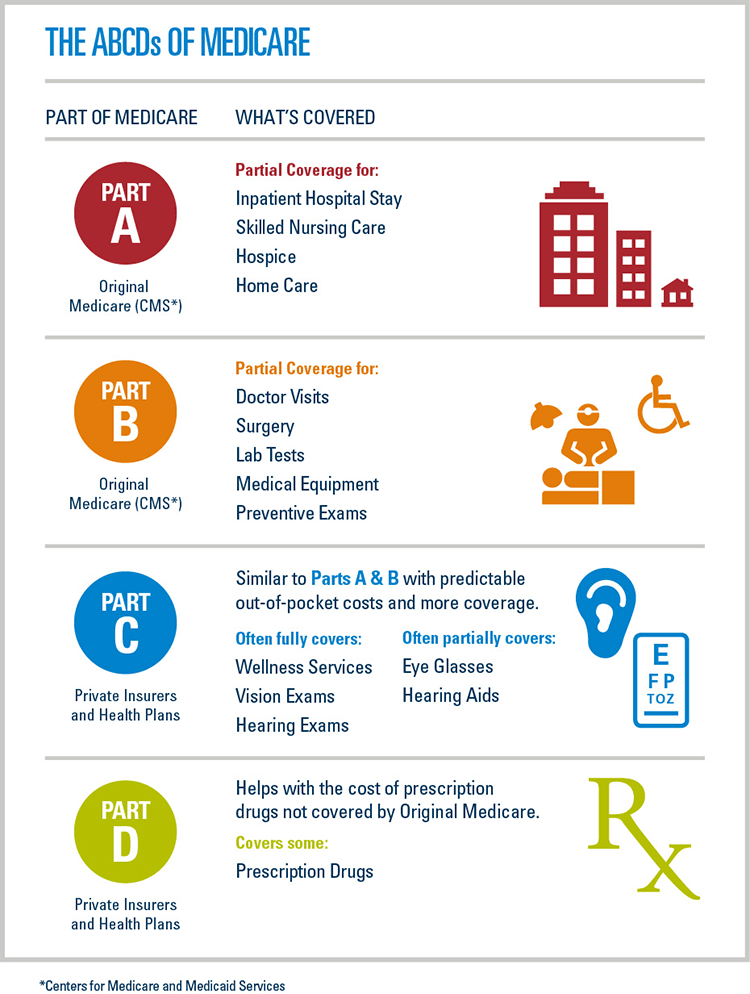
You can offer your loved ones the chance to live at home for longer periods of time by using home care. This can make them feel better. It can also allow them to feel safe at home.
Home care can provide companionship, social interaction, and medically-based care. It can be difficult for seniors to socialize with others on a daily basis. Home care professionals can help with Activities Of Daily Living like bathing, dressing and grooming. They are also able to assist with physical therapy and wound care. Many agencies offer enrichment programs such as walking and word games for seniors.
Remember that you must ensure that your agency has all necessary equipment and personnel to provide home care. A reliable provider will have a list of all available services and an estimated time frame. Tax credits may be available for those who are caring for loved ones at home. A financial planner can help you determine whether you are able to use your assets to pay care.

It is also crucial to determine what your loved-one's needs are. Persons with disabilities may require personal care assistance. Those with limited mobility might need help showering or preparing meals. You may also require assistance on weekends. That is why you should choose a provider capable of providing all the services that you need.
In addition to helping your loved one perform daily tasks, home care can provide companionship, social interaction, and safety enhancements to make the home a more pleasant place to be. It can reduce stress and strain experienced by family caregivers. This stress can lead you to have problems at work or at home. A reputable agency can provide the care your loved one needs to stay independent for as long time as they live.
Home care is not covered by Medicare. Your loved one could be eligible to receive assistance through Medicaid, Social Security or other third-party resources. Medicaid regulations are different from one state to another. Some waivers may also have additional eligibility requirements. If you're eligible for home healthcare, the Medicaid agency in your state will be able to help you.
Medicare-certified homes health agencies can also be found. They must meet certain standards. These agencies may provide skilled nursing care, physical therapy, or home health aides. You should have a plan that covers all aspects of your care, which is reviewed every so often by your doctor. They might be able offer durable medical equipment. These services are possible to be paid for if you have a Medicare Card.

The best way to determine if your loved one needs home care is to ask them. They might have performed a needs assessment or may have asked for a referral from a doctor. It is also a good idea to talk to a SHIP advisor, who can answer your Medicare questions and offer free advice.
FAQ
What do you think are some of the most important issues facing public health today?
Many people have problems with obesity, diabetes, heart disease and cancer. These conditions are responsible for more deaths each year than AIDS, car accidents, and murders. In addition, poor diet, lack of exercise, and smoking contribute to high blood pressure, stroke, asthma, arthritis, and other problems.
What does the "health care” term mean?
Providers of health care are those who provide services to maintain good mental and physical health.
How can I become creative in my health care?
There are many ways to be a creative health professional. Many people begin their career as students. Others start out in business or engineering.
Some people choose to take a course in a particular topic, such as leadership, management, and health policy. Some elect to study an elective course which explores different perspectives of health and care.
No matter what pathway you choose, there are many ways to learn about topics in health and healthcare. These include readings, group discussions and assignments as well lectures. You may also attend workshops, conferences, and seminars.
When you complete the program, your knowledge will give you the skills to work with clients, colleagues, and patients in any role within the health system.
You could even go on to earn a doctorate degree.
Statistics
- Healthcare Occupations PRINTER-FRIENDLY Employment in healthcare occupations is projected to grow 16 percent from 2020 to 2030, much faster than the average for all occupations, adding about 2.6 million new jobs. (bls.gov)
- About 14 percent of Americans have chronic kidney disease. (rasmussen.edu)
- Price Increases, Aging Push Sector To 20 Percent Of Economy". (en.wikipedia.org)
- The healthcare sector is one of the largest and most complex in the U.S. economy, accounting for 18% of gross domestic product (GDP) in 2020.1 (investopedia.com)
- Consuming over 10 percent of [3] (en.wikipedia.org)
External Links
How To
What are the 4 Health Systems?
The healthcare system is complex and includes many organizations, such as hospitals, clinics. pharmaceutical companies. insurance providers. government agencies. public health officials.
The ultimate goal of the project was to create an infographic that would help people to better understand the US health system.
These are the key points
-
Annual healthcare spending totals $2 trillion and represents 17% GDP. This is nearly twice the amount of the entire defense spending budget.
-
In 2015, medical inflation reached 6.6%, which is higher than any other consumer category.
-
Americans spend 9% of their income annually on health.
-
As of 2014 there were more than 300,000,000 Americans who weren't insured.
-
Although the Affordable Health Care Act (ACA), has been approved by Congress, it hasn't yet been fully implemented. There are still significant gaps in coverage.
-
A majority of Americans believe the ACA should be maintained.
-
The US spends more than any other nation on healthcare.
-
Affordable healthcare would mean that every American has access to it. The annual cost would be $2.8 trillion.
-
Medicare, Medicaid, private insurers and other insurance policies cover 56%.
-
These are the top three reasons people don’t get insured: Not being able afford it ($25B), not having enough spare time to find insurance ($16.4B), and not knowing anything ($14.7B).
-
HMO (health management organization) and PPO(preferred provider organisation) are the two types of plans.
-
Private insurance covers the majority of services including doctors, dentists and prescriptions.
-
Public programs provide hospitalization, inpatient surgery, nursing home care, long-term health care, and preventive services.
-
Medicare is a federal program that provides health coverage to senior citizens. It covers hospital stays, skilled nursing facility stay, and home healthcare visits.
-
Medicaid is a federal-state program that provides financial aid to low-income families and individuals who earn too little to be eligible for other benefits.